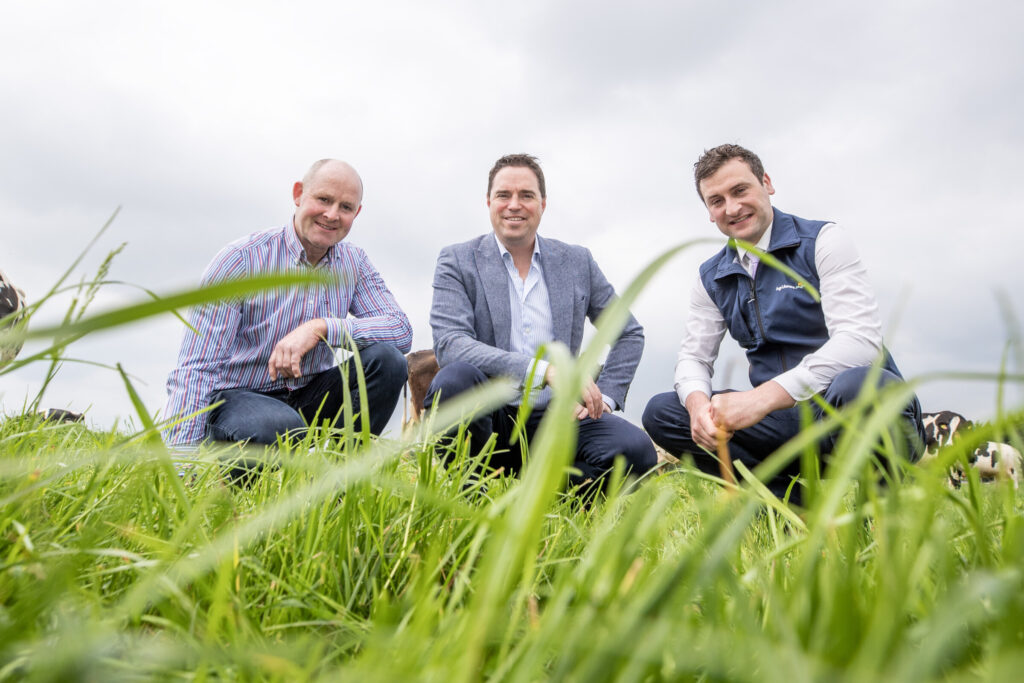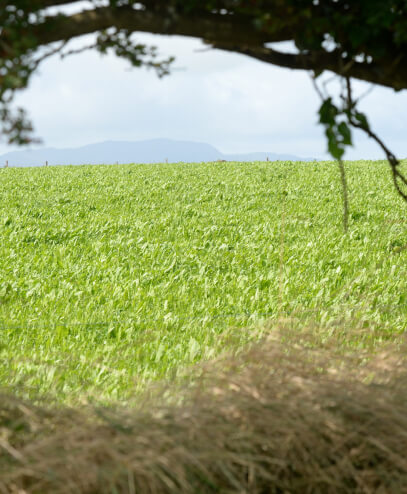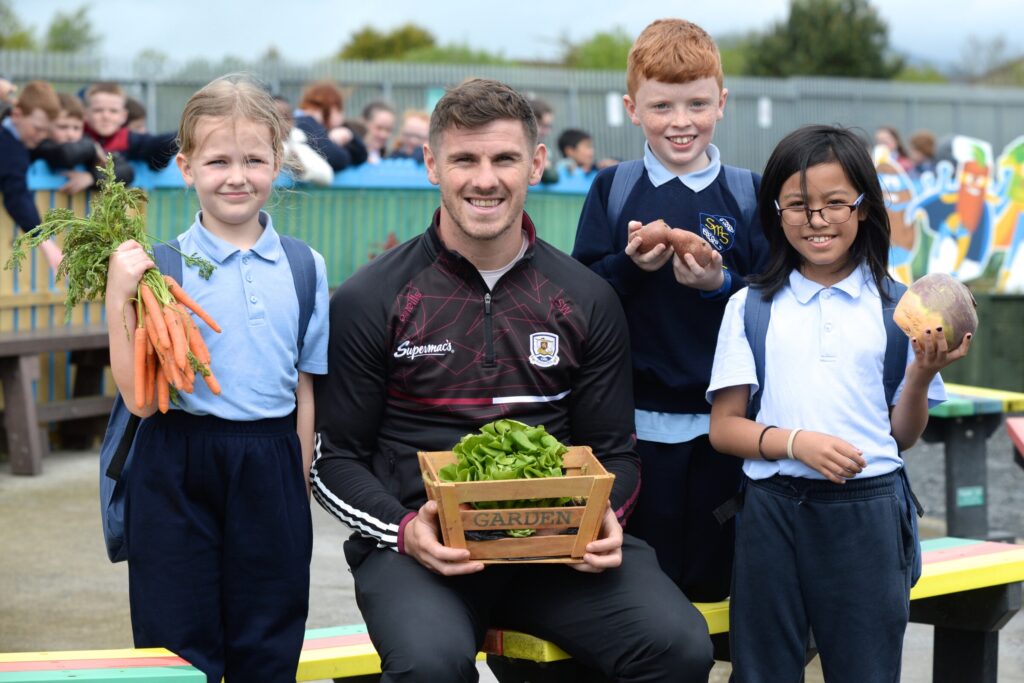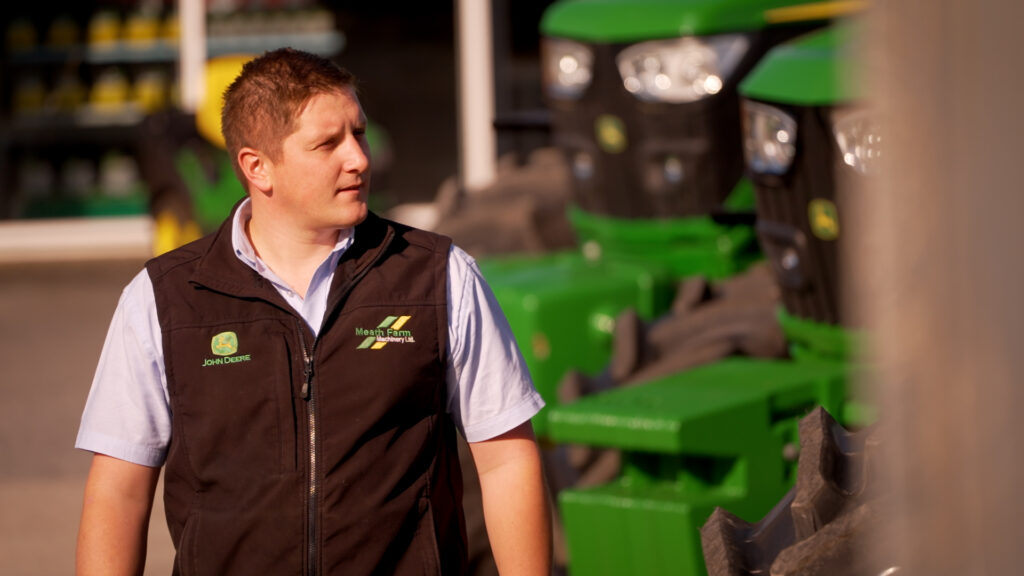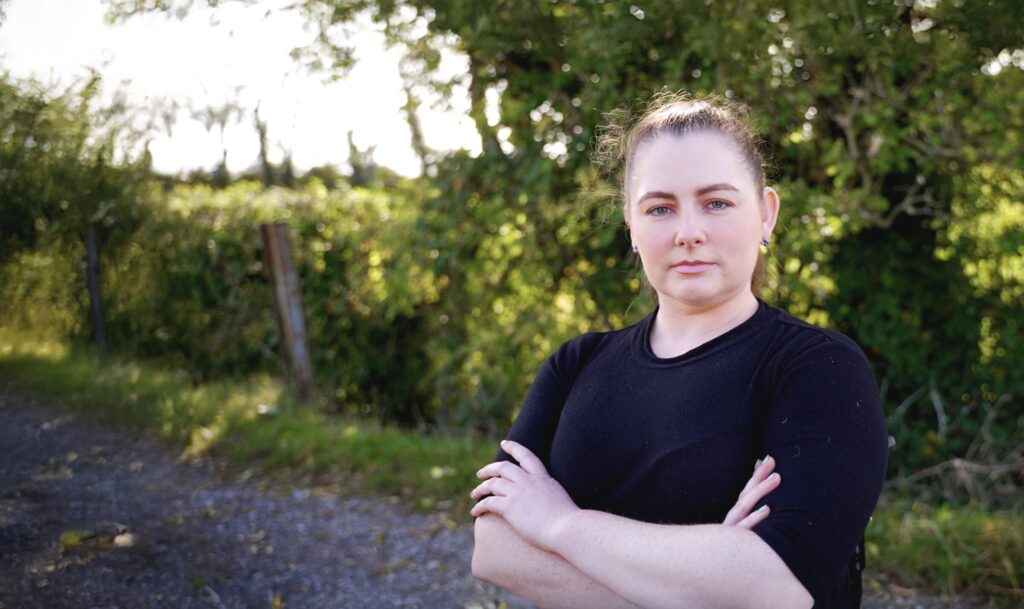My Physical Health Journey
Nicholas King
Beef & Sheep Farmer
My Physical Health Journey
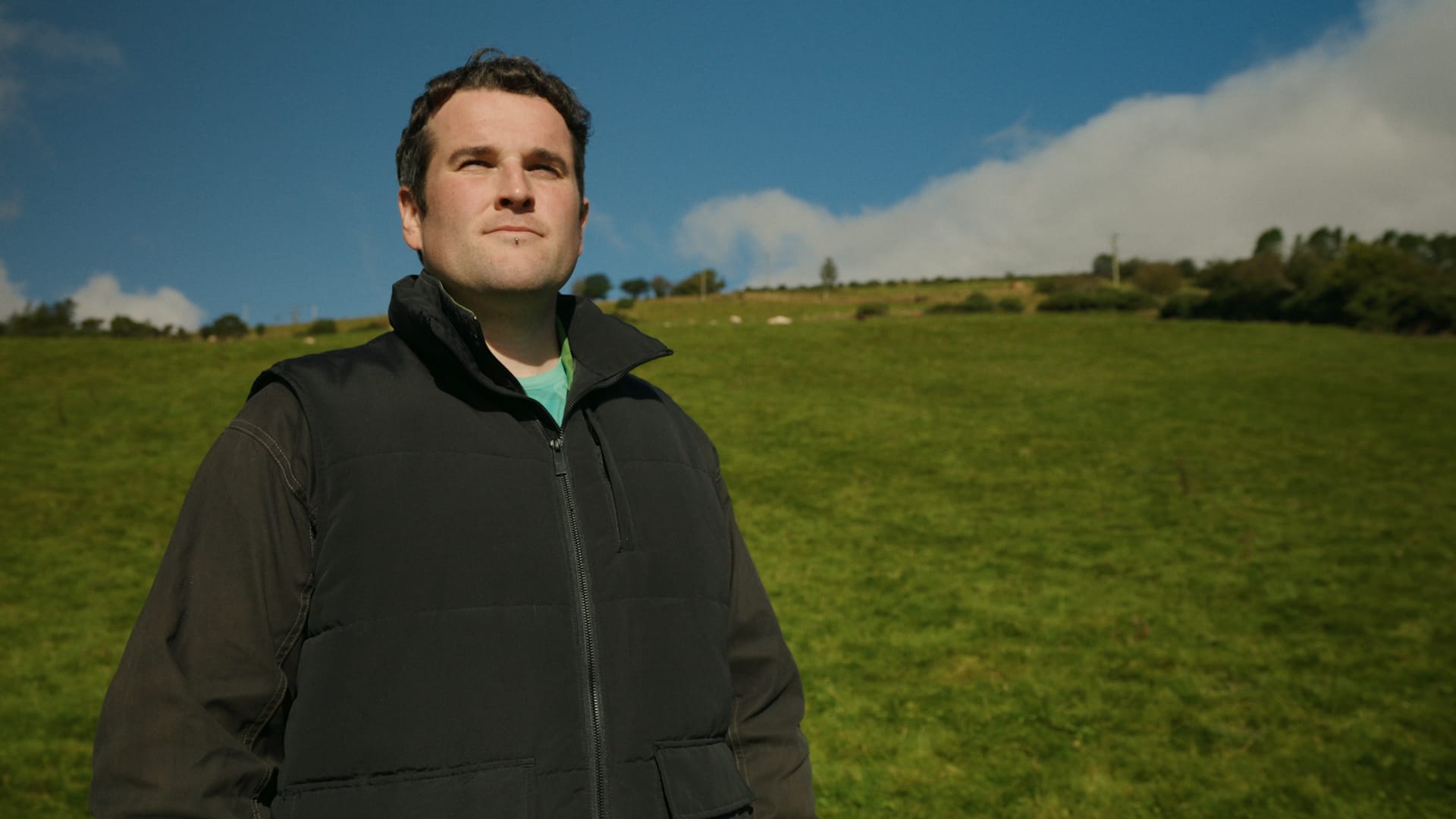
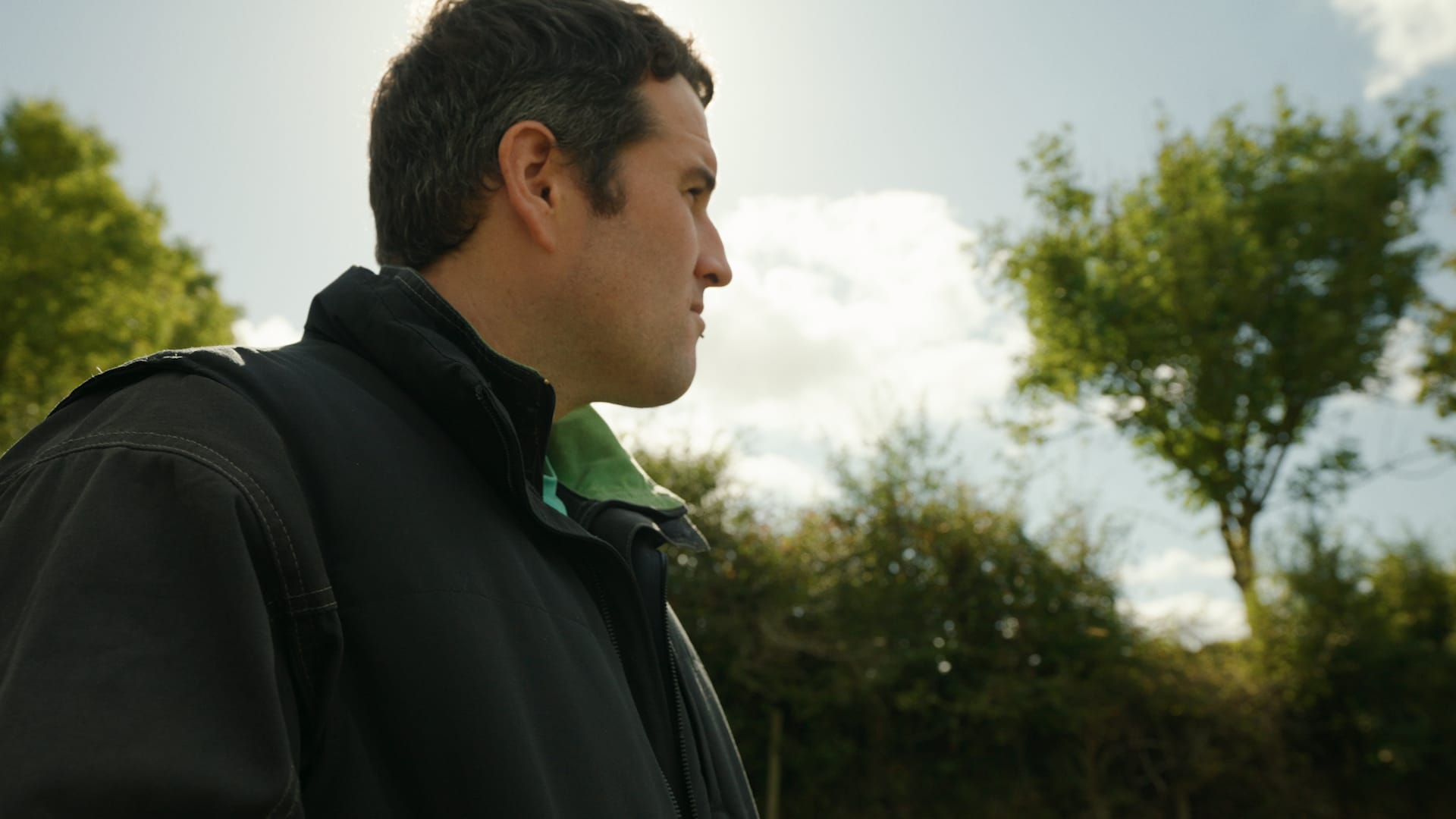
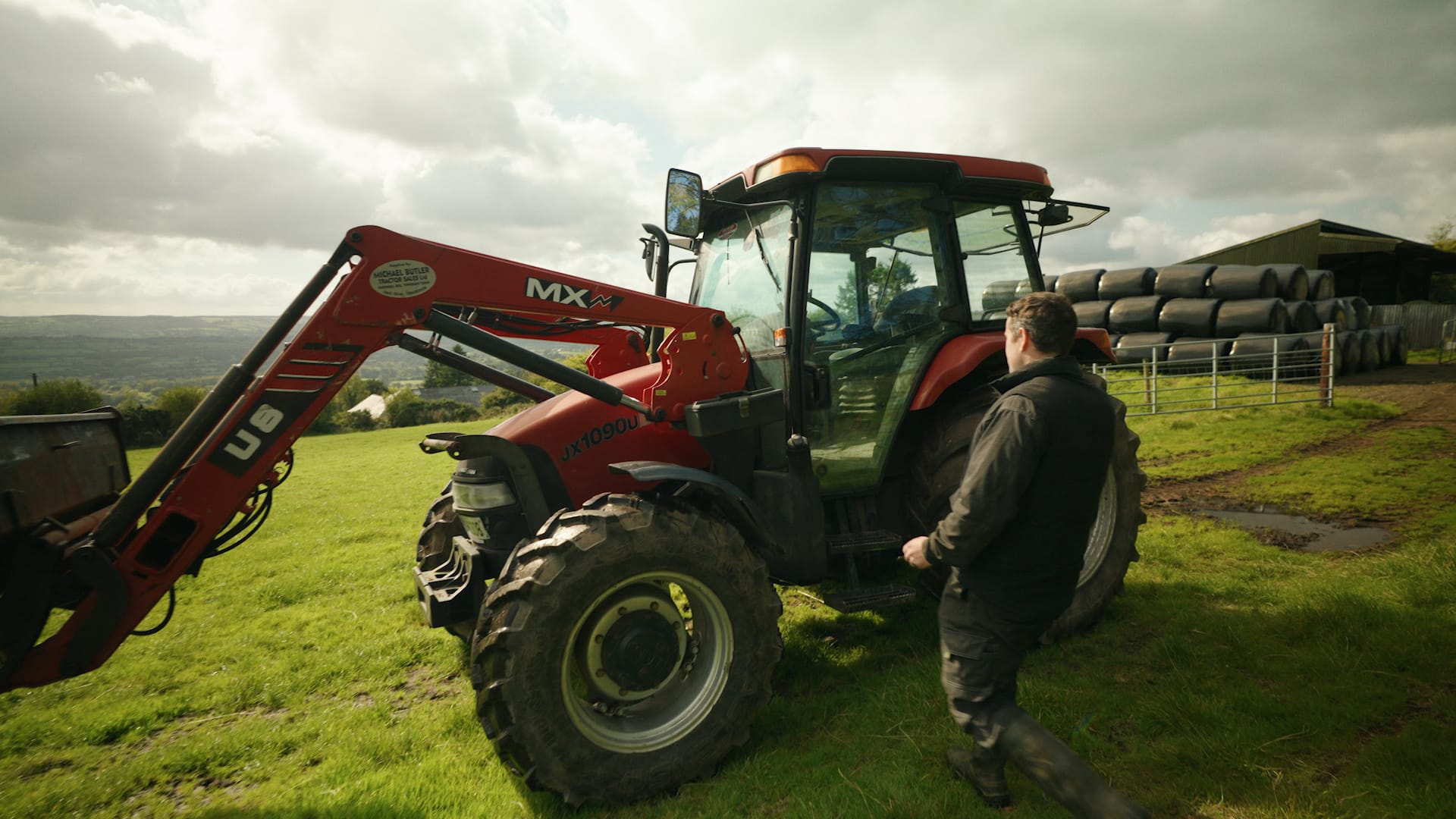
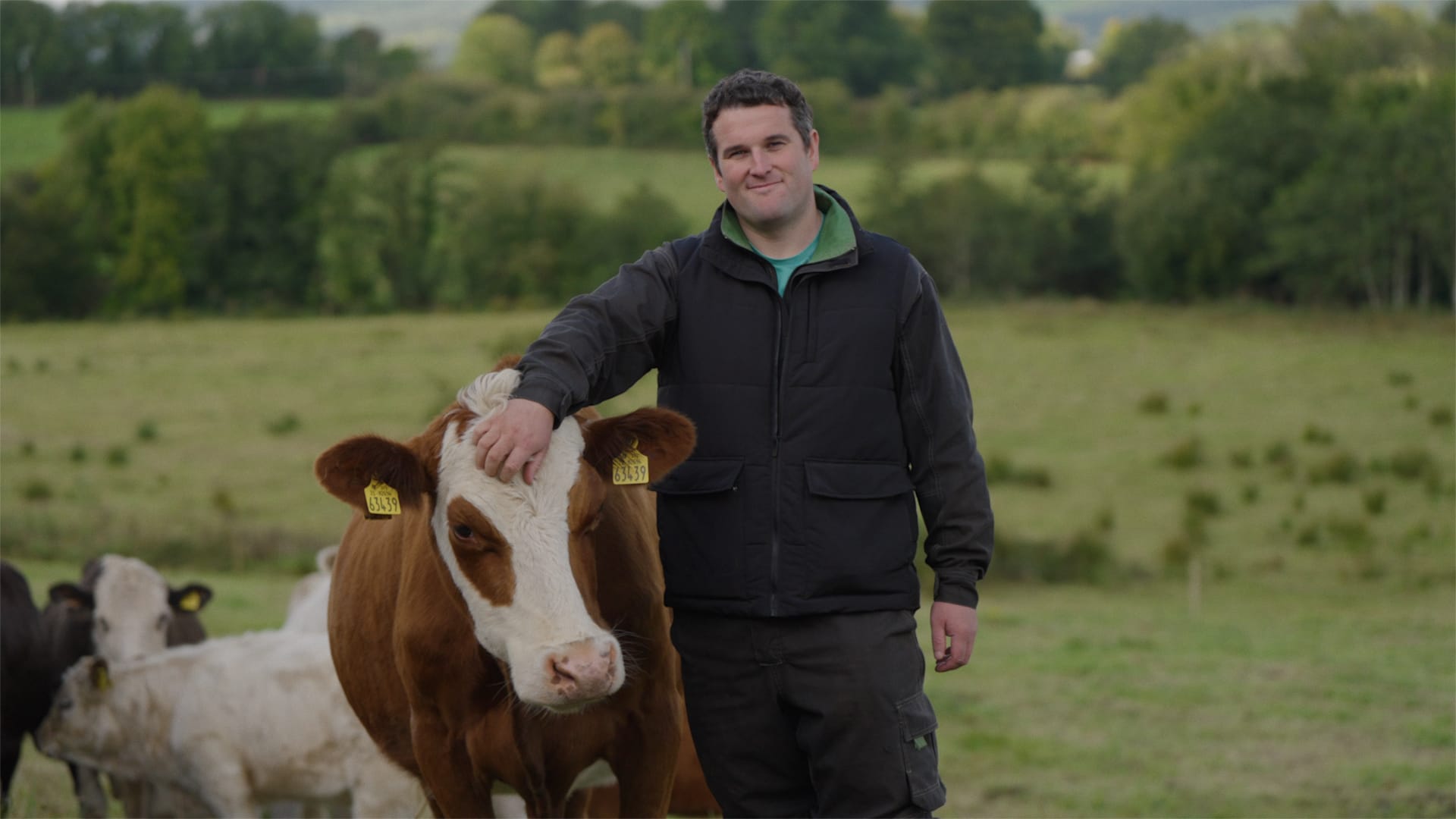
Hi, my name is Nicholas King and I’m a beef and sheep farmer from Co. Tipperary. I’m sharing my physical health journey from being an emotional stress eater that led to weight issues to now being physically healthy and confident in myself.
Your health matters to us, and we want to hear from you!
Please take a few minutes to complete our Physical Health Survey.
From the Experts
Physical Health Advice
We are delighted to be involved in the sowing wellbeing in every field initiative. We want this to be your guide to starting on the journey of improving your physical wellbeing. Improving your wellbeing and working towards better health may feel challenging especially on the farm, but just remember whatever plan you follow, that plan needs to work for you and nobody else! The farm dynamic is unique, it is not normal, that means the steps to follow need to be catered to suit that, which is what we focus on.
— David and Michael Kennedy of the Lifestyle Blueprint
Nutrition
The most important step in any endeavour to improve our physical wellbeing is understanding our nutrition. It’s not just a case of eating less and moving more to get in better health. For many people working in farming, nutrition can be challenging with time pressures. So what must we do to eat healthier and feel good too? You need to learn and work out your calorie requirement.
Check the following: https://www.calculator.net/tdee-calculator.html
Now that you know your calorie target, the next step is filling those calories with the correct macronutrients (carbohydrates, proteins, and fats). Protein is the most important in terms of weight loss. How do we know how much protein to aim for? A good starting point for men is to aim for 1.8-2.0 g/ kg of bodyweight, and for females, aim for 1.6-1.8 g/kg of bodyweight. The good news is you can still have carbohydrates; just make sure they are minimally processed and easy to digest with plenty of fibre (potatoes, rice, oats, whole grain bread, etc.). Furthermore, use your carbohydrates around when you are mc active in the day to help utilise the additional energy. In terms of fats, I would always keep 20-30% of my calorie intake from fats, as good, healthy fats (eggs, salmon, peanuts, avocados) which are super for slow-releasing energy, hormone balance, and also brain function.
Now the big question: how will I lose weight? So first, start at your maintenance calories for 2-3 weeks and see how your body responds. Track your food using tools, such as the MyFitnessPal app for example, where you can enter your calorie and macronutrient target. After 2-3 weeks, you can then start to make adjustments to your foods. When reducing calories, always focus on reducing carbohydrates first, before my protein or fat even. This is because any excess carbohydrates you are not utilising will be stored as excess fat, so start by reducing your calories 100-200 every 2-4 weeks depending on how your body is responding. If the scales are dropping and you’re feeling better, don’t reduce calories. When the scales stop moving, give yourself 7 days before you go cutting calories. The less aggressive you are with your dieting and calorie reductions, the better, as your body needs the food for energy and performance.
Exercise
Improving our wellbeing doesn’t have to involve hard exercise plans that take hours in a gym or running marathons. The right type of exercise will give you energy, not drain your energy. If we are constantly busy farming and feel stressed, taking on more work seems even more challenging. But putting an exercise plan in place will help you detach from the work or even better yet, get a little bit of time off the farm to meet other people and not think about the stress and worries.
The exercise can be very basic to start off with; we start a lot of our clients with just steps, aiming for 8,000 to start, and build their steps up to 12,000 over a couple of weeks. To lose weight and keep the weight off, you want to build lean muscle mass, as the more lean muscle mass you have, the higher your resting metabolic rate will be, meaning you can burn more calories. The gym is the exact same; just have patience and get the guidance you need to get started.
Mindset
This biggest obstacle for anyone making a change to better lifestyle changes and improving their wellbeing is themselves. We went over how we eat correctly and train our bodies, but we never went through how we can train our mind. Not many talk about mindset or mental wellbeing on farms or even in fitness in general; there is a stigma, fear, and shame around having challenges mentally.
The reality is that from studies carried out by Teagasc in 2022 on farmers wellbeing, 55% of farmers will experience depression, with 25% being at risk of suicide. Those numbers are alarming and won’t be helped by the last two challenging years of 2023 and 2024 on Irish farms. Remember, how you see yourself shapes your reality and how you will be those around you.
Conclusion
Improving your physical wellbeing may feel like a selfish task, but believe me it will only reap selfless rewards. Getting in better health you may be doing it for your family, friends, work colleges but most importantly for your future self.
Helpful Information
Resources
Pharmacies
- Check in with your local pharmacy for any free health check that you can avail of, ensure to ask what checks they offer.
- Your local pharmacy can check your glucose, BMI, iron levels, cholesterol, check for diabetes and give you an overall lifestyle check.
Physical Activity
- Most counties have a walking group under the initiative “Get Ireland Walking”.
- Talk to a personal trainer to get yourself a custom physical activity plan and eating plan.
- Always talk to your GP or Personal Trainer before starting a new physical activity.
HSE
Contact the HSE on 1800 700 700 or 01240 8787 if you have a general question.
The HSE.ie website is very useful when looking for information regarding most topics.
Recipes
- To access healthy, easy recipes visit https://www.safefood.net
- If you are unsure where to start with your nutrition and meals contact your GP or a dietician.
More from this campaign
Check out our other campaign features
